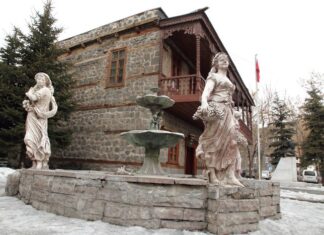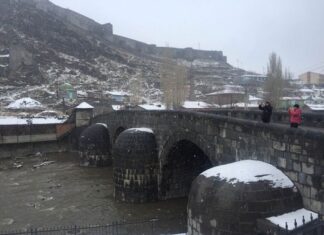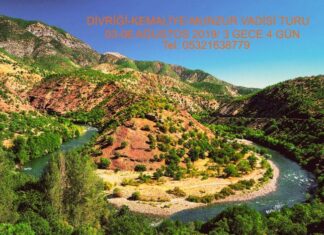Saksagan
Doubts About the Ocean Theory
As for the writer who claims that the strange behavior of the Nile comes from the ocean, his explanation is so unclear that it...
a-second-explanation-that-lacks-reason
The second explanation given for the strange behavior of the Nile is even less scientific than the first. It is also more fanciful and...
Croesus Examines the Greek States
When King Croesus looked into the condition of the two great Greek states, Athens and Sparta, he discovered very different situations. Athens was not...
The Uncertain Language of the Pelasgi
It is not possible to say with complete certainty what language the Pelasgi originally spoke. There are no written records that clearly explain their...
Croesus Rejoices at the Oracles Reply
When King Croesus received the replies from the oracles, he felt great joy and confidence. He believed the messages confirmed that he would destroy...
Solon Leaves Without Reward
This was the speech that Solon spoke to King Croesus. His words were wise, but they brought him neither gifts nor honor. Croesus did...
Solon Explains the Uncertainty of Human Life
“Oh, Croesus,” Solon replied calmly, “you asked me a question about human happiness. This is a serious question, because the power above us is...
Solon Continues His Lesson to Croesus
After telling the story of Tellus of Athens, Solon continued to advise King Croesus with calm and careful words. He explained Tellus’s happiness by...
Croesus King of Lydia
Croesus was the son of Alyattes and was born in Lydia. He became one of the most powerful kings of his time. Croesus ruled...
The Persian View of the Conflict with Greece
According to the Persians, the early disputes between Asia and Greece were small and personal. These early events involved the taking of women from...














